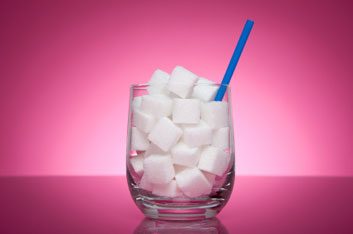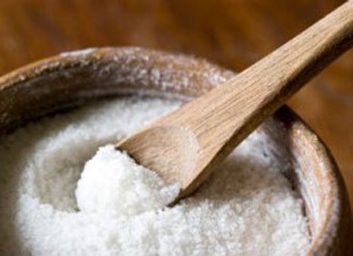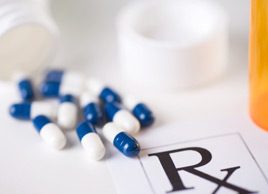
Take care of your taste buds
George Bernard Shaw was onto something when he said, “There is no sincerer love than the love of food.”
There truly are few things better than pizza from a wood-fired oven, creamy dark chocolate, spicy coconut curry and fresh in-season vegetables.
But what if your food went from flavourful to flat? If you’re not careful, these behaviours could dull your sense of taste.

Smoking
Not only does this nasty habit cause cancer, emphysema and a host of other ailments, it also results in fewer, and flatter taste buds. “It causes rhinitis and blockage. It’s an irritating thing,” says Lawrence Savoy, who does Chemosensory Testing at the University of Connecticut’s Taste and Smell Centre. Not only that, but according to a study published in BMC Ear, Nose and Throat Disorders, “Smoking is an important factor which can lead to decreased taste sensitivity.”

Overeating
A 2012 study published in the Archives of Disease in Childhood showed that obese children aren’t able to identify taste qualities (sweet, salty, sour, bitter) as well as normal weight children.
“Obese and non-obese children and adolescents differ in their taste perception. Obese subjects could identify taste qualities less precisely than children and adolescents of normal weight,” the study’s authors wrote.

Eating (or drinking) too much sugar
Not only can drinking two sugary drinks a day for as little as four weeks dull your sense of taste, it also reduces your enjoyment of sugar, while increasing your preference for it, according to research from the University of Bangor in Wales.
“We are headed for a multi-level health disaster with rising obesity levels and the increasing incidence of type 2 diabetes,” Hans-Peter Kubis of the University’s School of Sport, Health & Exercise Sciences said in a press release. “From our research it’s clear to see how this situation may have created a cycle of sweet food and drink consumption. As taste satisfaction levels drop; the more sweet foods are consumed, contributing to these problems.”
In other words: The more sugar you eat, the less you taste, and the more you want.

Exposing yourself to pesticides
Dr. Norman M. Mann, the former director of the Smell and Taste Clinic at University of Connecticut Health Center, wrote that environmental toxins such as arsenic or benzene can cause severe disturbance in the olfactory system. Interestingly, he also mentioned pesticides as an offender-you know, those chemicals that are sprayed on food?
“Pesticides such as organochloride compounds and organophosphate and carbamate pesticides are used widely and can reach taste receptors via air, water, or food,” wrote Dr. Mann. “Workers who spray material are directly exposed, and the general public can be exposed at home or at work by eating foods or drinking water contaminated by pesticides.” (Check out this list of produce with the highest pesticide levels to help you decide which foods to buy organic).

Consuming too much salt and processed food
“Taste and smell are adaptable. If you walk into a room and smell something really strong, eventually you’ll stop smelling it,” says Savoy.
If you always add a lot of salt to your meals (or eat processed food that has a lot of salt added) your taste buds will adapt and, over time, you’ll need to add more salt to your food to get the same taste. Instead, try adding salt substitutes to your diet-like herbs and spices.
That being said, salt can make bitter (but healthy) greens like kale and swiss chard, taste better. “If you have a bitter taste in your mouth, just throw salt in there and it minimizes the bitterness,” says Savoy.

Overusing prescription and over-the-counter drugs
“Your taste and smell go together, and 65 to 75 percent of taste is actually smell,” says Savoy.
Since some drugs affect sense of smell, they can also affect sense of taste.
“Drugs in many major therapeutic categories have been known to cause smell impairment,” Dr. Mann wrote.
This includes everything from antihistamines and antidepressants to muscle relaxants and lipid-lowering drugs.
Related:
• 10 ways to sharpen your senses
• The 8 worst eating habits
• 5 health benefits of fresh herbs
